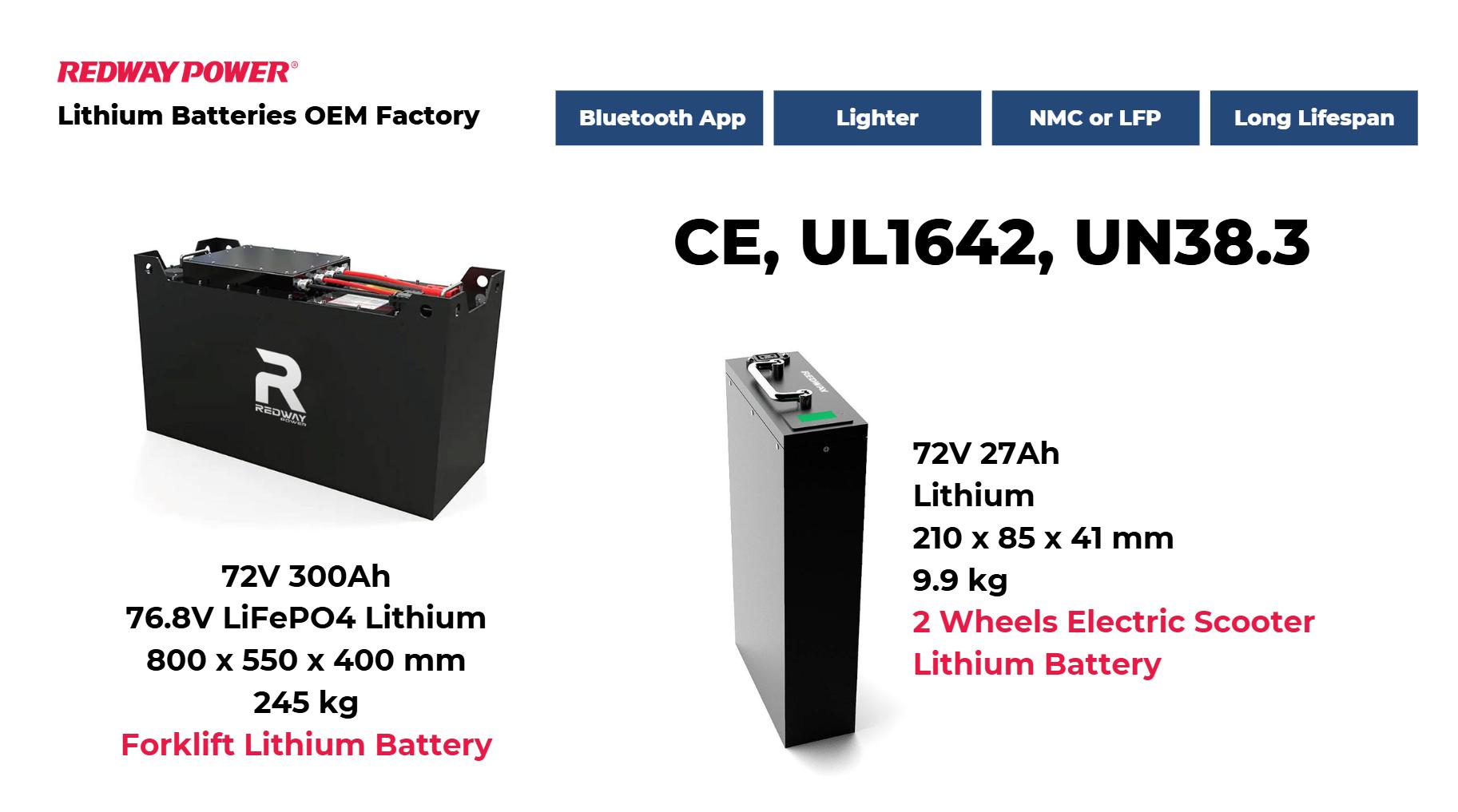To power a 72V 2000W motor, it is imperative to select the correct battery. This ensures that your motor performs optimally and has a long lifespan. In this comprehensive guide, we will delve into the specifics of choosing the right battery, focusing on factors such as nominal voltage, current supply, battery type, capacity, discharge rate, and the importance of a reliable Battery Management System (BMS).
For a 72V, 2000W motor, you need a 72V battery pack, ideally with at least 40Ah capacity for optimal performance. This ensures enough power for running the motor efficiently while accommodating current draw and runtime needs.
Understanding Nominal Voltage and Current Supply
A 72V 2000W motor requires a battery with a nominal voltage of 72V. This voltage ensures that the motor receives the correct electrical input to function effectively. In addition to matching the voltage, the battery must be capable of supplying the necessary current to meet the motor’s power demands.
Calculating Current Requirements
To determine the current required by the motor, we use the power equation:
Power (W)=Voltage (V)×Current (A)
For a 2000W motor running at 72V:
2000W=72V×Current (A)
Solving for current, we get:
Current (A)=2000W/72V≈27.78A
Thus, the battery should consistently supply at least 28A of current to the motor.
Why Choose Lithium-Ion Batteries?
Lithium-ion batteries are often preferred for their high energy density, lightweight nature, and longer lifespan. These attributes make them ideal for high-performance applications like powering a 72V 2000W motor.
Advantages of Lithium-Ion Batteries
- High Energy Density: Lithium-ion batteries store more energy per unit weight, allowing for a compact and lightweight battery pack.
- Lightweight: Compared to other battery types, lithium-ion batteries are significantly lighter, which is beneficial for reducing the overall weight of the vehicle or device.
- Longer Lifespan: These batteries have a longer cycle life, meaning they can be charged and discharged more times before their capacity significantly degrades.
- Fast Charging: Lithium-ion batteries support faster charging rates, reducing downtime and increasing usability.
Key Factors to Consider When Selecting a Battery
Capacity (Ah)
Battery capacity, measured in ampere-hours (Ah), determines how long the battery can supply a specific current. For a 72V 2000W motor, selecting a battery with a higher capacity ensures longer run times and better performance.
Calculating Required Capacity
To estimate the required battery capacity, consider the desired runtime. For instance, if you want the motor to run for 2 hours at full power:
Required Capacity (Ah)=Current (A)×Runtime (hours)
For 2 hours of runtime:
Required Capacity (Ah)=28A×2 hours=56Ah
Therefore, a battery with at least 56Ah is recommended.
Discharge Rate (C-Rating)
The discharge rate, or C-rating, indicates how quickly a battery can be discharged without damaging it. A higher C-rating means the battery can deliver more current in a shorter time.
Choosing the Right C-Rating
For a 72V 2000W motor, a high discharge rate is crucial. If your motor requires 28A and you opt for a 56Ah battery, a C-rating of at least 0.5C is necessary:
C-Rating=28A/56Ah=0.5C
However, to ensure reliable performance and avoid over-stressing the battery, choosing a battery with a higher C-rating, such as 1C or more, is advisable.
Battery Management System (BMS)
A reliable Battery Management System (BMS) is essential for the safe and efficient operation of lithium-ion batteries. The BMS monitors and manages the battery’s performance, protecting it from overcharging, over-discharging, and overheating.
Functions of a BMS
- Overcharge Protection: Prevents the battery from being charged beyond its maximum voltage, which can cause damage or safety hazards.
- Over-Discharge Protection: Stops the battery from discharging too deeply, which can shorten its lifespan.
- Thermal Management: Monitors the battery’s temperature and prevents overheating, ensuring safe operation.
- Cell Balancing: Ensures that all cells in the battery pack charge and discharge evenly, maintaining optimal performance and longevity.
Selecting a High-Quality Battery
When choosing a battery for a 72V 2000W motor, it is vital to prioritize quality. A high-quality battery not only enhances performance but also ensures safety and durability.
Reputable Manufacturers
Opt for batteries from reputable manufacturers known for their quality and reliability. These manufacturers typically offer warranties and customer support, providing peace of mind and ensuring you get the best product.
Battery Specifications and Testing
Carefully review the battery specifications, including capacity, discharge rate, and BMS features. Look for batteries that have undergone rigorous testing and certification to meet industry standards.
Customer Reviews and Feedback
Check customer reviews and feedback to gain insights into the battery’s real-world performance and reliability. Positive reviews from other users can indicate a trustworthy product.
Conclusion
Choosing the right battery for a 72V 2000W motor is crucial for achieving optimal performance and longevity. A high-capacity, high-discharge rate lithium-ion battery with a reliable BMS is the best choice. Ensure the battery has a nominal voltage of 72V, can supply the necessary current, and comes from a reputable manufacturer. By considering these factors, you can power your 72V 2000W motor efficiently and reliably.



